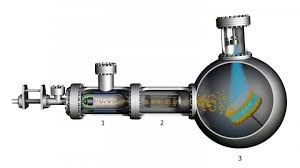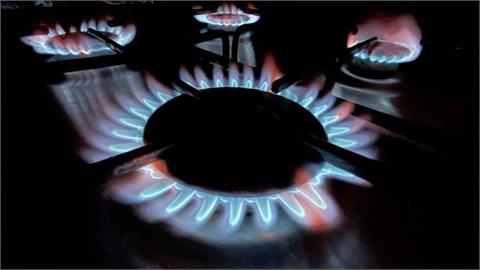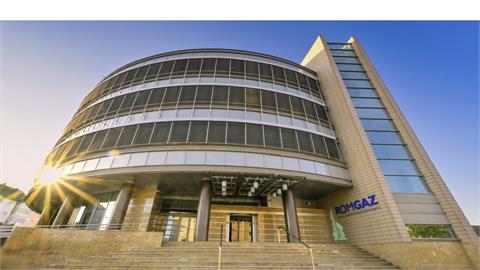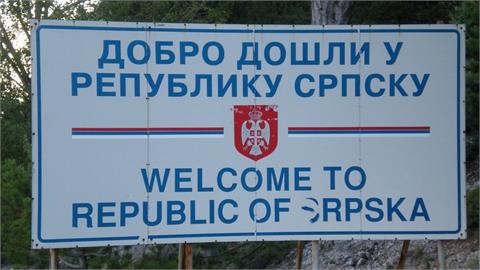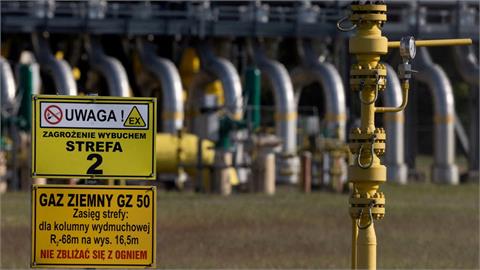by Thomas Kavanagh* Europe's battery industry is moving quickly to implement new, more efficient technology. Leopold Konig, chief executive of specialised cell manufacturer Customcells, told Argus how customers are requesting new chemistries and locally sourced metals to limit their carbon footprint. Edited highlights follow:
Can you sum up your progress in the first half of 2021?
We set up our company this year for future growth, now having several new investors on board who have a strong record in building up companies.
They are Vsquared Ventures, 468 Capital, the former rocket internet chief executive and Porsche Ventures.
With these investors over the next years, we can fulfil what we want to do.
We will also build a development and production site, Cellforce Group, which is a joint venture with Porsche. We will manufacture about 1,000 car prototype battery cells with silicon anodes focused on high-performance racing cars.
The third major change is that we have acquired a partnership with Lilium, a Munich-based electric vertical take-off and landing (eVTOL) vehicle company, and we are manufacturing and improving the existing batteries for the seven-seater jets there. There is an option to scale this project and, since March, we have been running our pilot factory in Tuebingen, also in Germany. We will focus this facility on producing cells for electric flying, the first of their kind specialised for electric aviation.
What are some of your customers requesting with regards to saving on raw materials and incorporating new technologies?
The request to have a green footprint is standard nowadays — especially our large clients. They expect that we use nickel-rich cathodes with low volumes of cobalt. They also expect these materials to be sourced within the greater European region.
This is possible. We do have a co-operation here, and we are also co-operating with selected material suppliers. For us, it is necessary that manufacturers provide good materials and that these materials ensure a green future.
Another big topic in the future will be to clarify the CO2 footprint, which is not standard today.
Which battery chemistries and technologies do you believe will dominate the market over the next five years?
This will totally depend on the application.
For certain applications, lithium-iron-phosphate cells will be very attractive. Also, for electric storage, I still completely believe in the titanite technology. In automotive, I think nickel-rich cathodes with silicon-based anodes will have a strong future.
How do you expect the eVTOL market to develop in the coming years?
You can find all these answers over the past 30 years in science fiction books.
I am sure we will see strong growth and big changes in transportation from actual cars and lightweight vehicles in cities. For distances of up to 300km, I think eVTOLs will become standard transportation for the whole of society.
Aside from cars and eVTOLs, do you see any other downstream areas of growth over the next decade?
I think that lightweight vehicles, e-bikes, cargo bikes and different ways of commuting inside cities will come up more and more.
I can see this growing piece by piece in European cities. Asia is a little different. I used to live in China for a while and when I was first there, most people were riding bicycles. But when I went there 10 years ago, they were already driving electric scooters.
Could Customcells ever scale up to mass production dedicated to one of its own battery cell products, or do you expect partners to build out their own facilities?
Our idea is always to focus. Customcells is growing bottom up, unlike other companies, which have top-down approaches.
Our approach is to develop cutting-edge cell technologies, and we can provide these to our clients. Our clients can also test them in our laboratory, which is a great difference between us and other companies. We do not have the goal to be the largest manufacturer. We would rather be the best-in-class in specific applications.
In Tuebingen, we built a production site over the past two years, one of the best in Europe. We are now producing thousands of cells a month. It is not mass production, but high-quality cell production. We are focused on improving this production, getting a grip on the quality and then the yield and performance of the cells. The ability to control these parameters also means being able to target reasonable prices.
* Thomas Kavanagh is Senior Market Reporter at Argus Media
(www.argusmedia.com, 27 August 2021)
